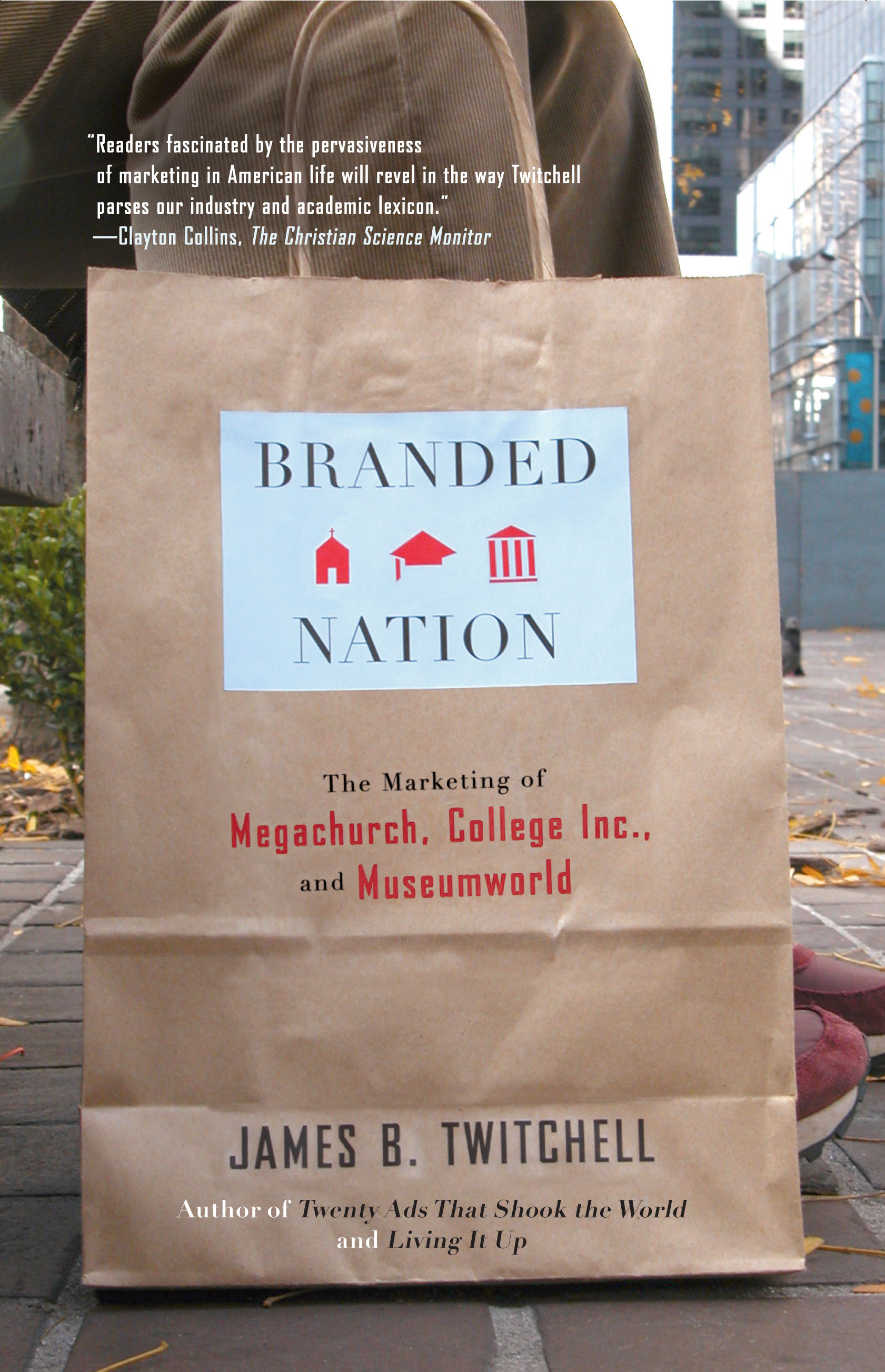

I could see this being true, but would like to see the evidence for it. This is especially true for one of his claims which I find quite interesting: that the 'Great Awakenings' in American history are actually due to changes in marketing strategies carried out by churches and clergy, as opposed to, say, a sudden tipping point of collective increased religious sentiment, or to a collective response to perceived social or moral problems at the time. Which certainly is not bad in itself but he puts forward so many contentious claims that it would have been nice to have some substantial documentation actually provided for them, rather than uncited statistics. While Twitchell is an academic, this book is decidedly non-academic in style. So I quit this book part way through because I wasn't really sure I'd be getting any new information out of it (apart from some amusing anecdotes) if I finished it. Shopping for God does for religion what Fast Food Nation has done for food. Rarely has America's religious culture been examined so perceptively and so entertainingly. He takes readers into the land of karaoke Christianity, where old-style contemplative sedate religion has been transformed into a public, interactive event with giant-screen televisions, generic iconography (when there is any at all), and ample parking. In this witty, engaging book, Twitchell describes his own experiences trying out different churches to discover who knows how to "do church" well. Successful pastors ("pastorpreneurs," Twitchell calls them) know how to speak the language of Madison Avenue as well as the language of the Bible.

Filling the pew is an exercise in salesmanship, and as with any marketing campaign, it requires establishing a brand identity. There is more competition among churches than ever in our history. But, says James Twitchell, this isn't because Americans are undergoing another Great Awakening rather, it's a sign that religion providers-that is, churches-have learned how to market themselves. We can wear our religious affiliation like a designer logo. Religion is now celebrated and shown off like a fashion accessory. Churches that don't know how to do this or don't bother are fading away. Churches that know how to appeal to those shopping for God are thriving.

Today, many Americans change their denomination or religion, sometimes several times. A couple of generations ago Americans remained in the faith they were born into. Just as we shop for goods and services, we shop for church. How did this happen? And what does it mean for religion and for our culture? Now religion is marketed and advertised like any other product or service. Today religion is everywhere, from books to movies to television to the internet-to say nothing about politics. Not so long ago religion was a personal matter that was seldom discussed in public.


 0 kommentar(er)
0 kommentar(er)
